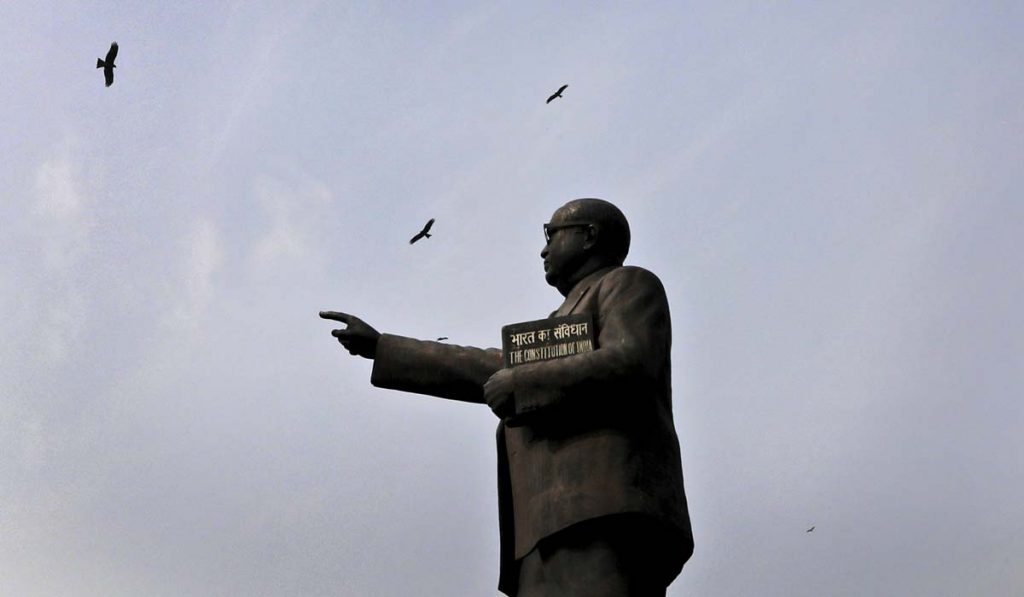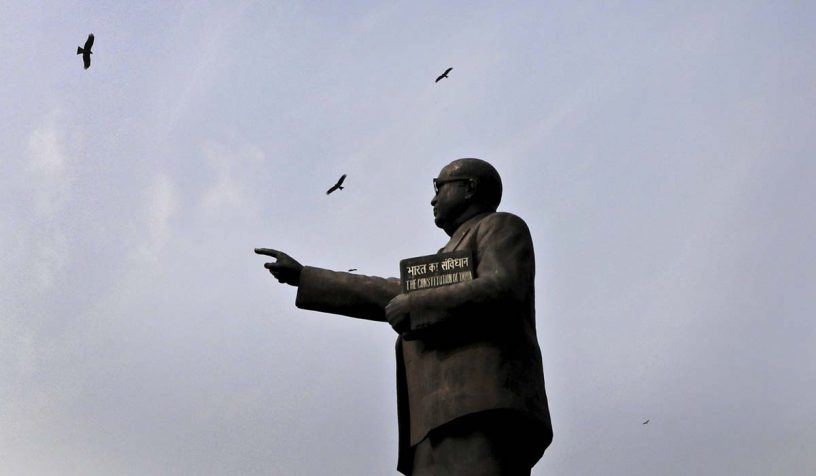
Now more than ever, Ambedkar’s policies in ensuring public health must be protected and enacted, says the author.
Author
Jadumani Mahanand, Assistant Professor, Jindal Global Law School, O.P. Jindal Global University, Sonipat, Haryana, India.
Summary
Ambedkar — commonly called Babasaheb within Dalit communities—was perhaps one of South Asia’s most prolific authors when it came to understanding and advocating public policy measures.
In his oeuvre of over 20 books, countless speeches and newspaper articles, Babasaheb extensively discussed India’s serious lack of food security, labour security, feeble healthcare system and government apathy towards ensuring the welfare of its poor and marginalised communities.
Much of his trenchant critique is as true today as when he wrote it. Babasaheb also enacted a range of welfare policies in his various tenures in government. Collating both Babasaheb’s writing as well as the policies he legislated allows us to see how he might have dealt with the public health crisis and humanitarian crisis that India presently finds itself in.
While the full breadth of Babasaheb’s policy studies is not easily explored in a short essay, here I shall look at his food policy, his labour policy and his broader approach to the government’s role in health interventions.
Published in: The Caravan Magazine
To read the full article, please click here.


